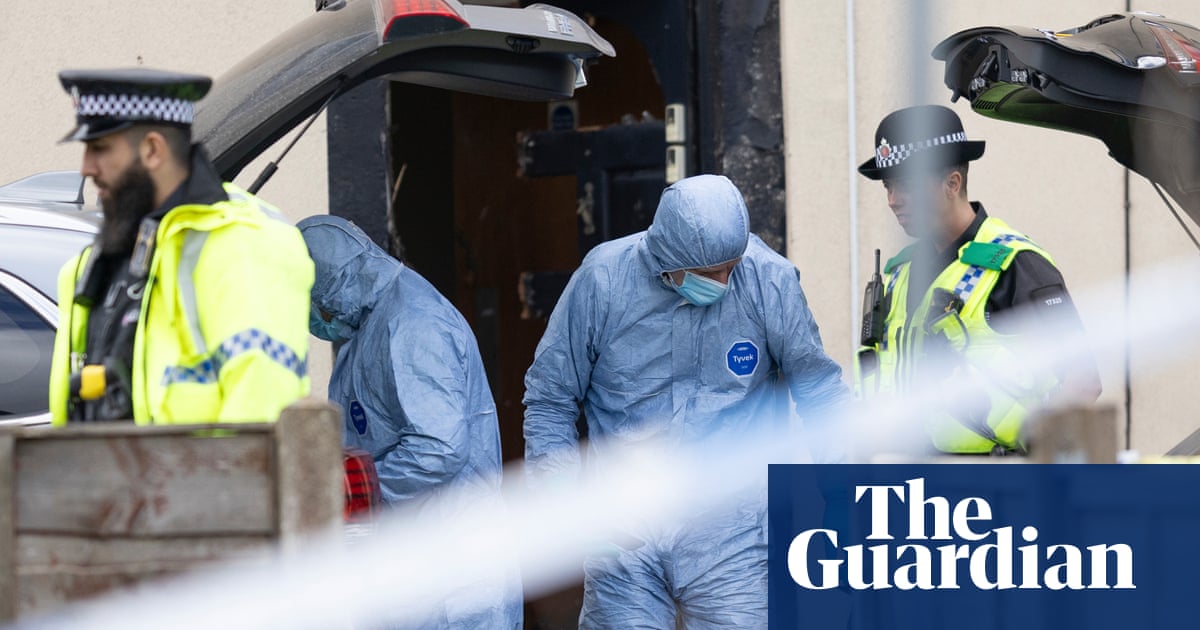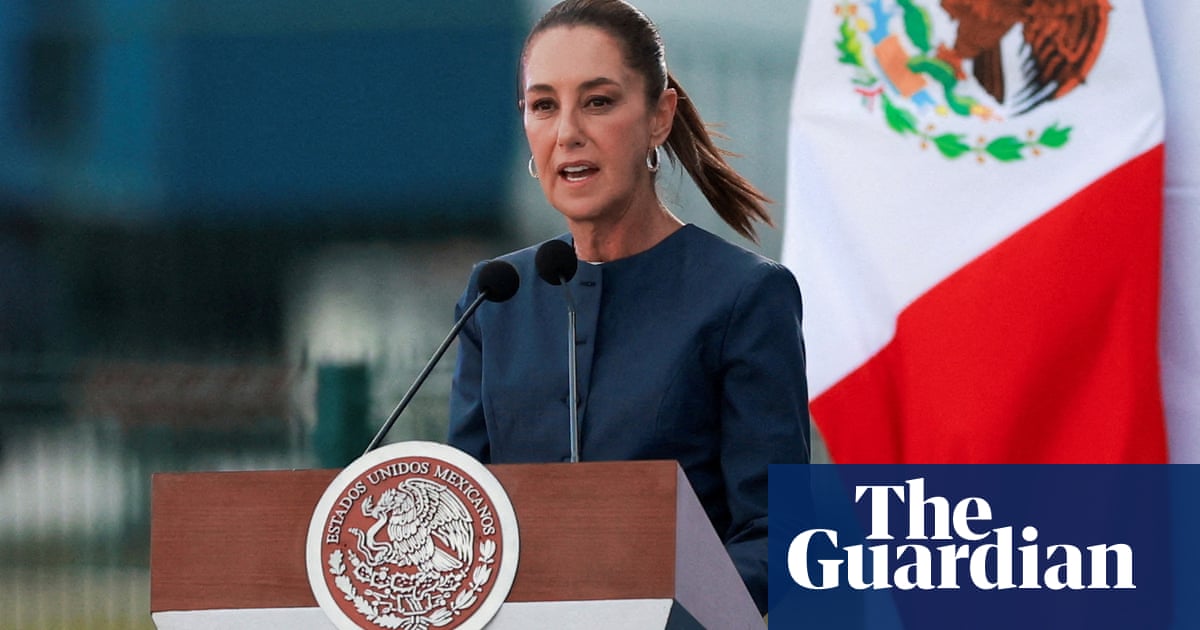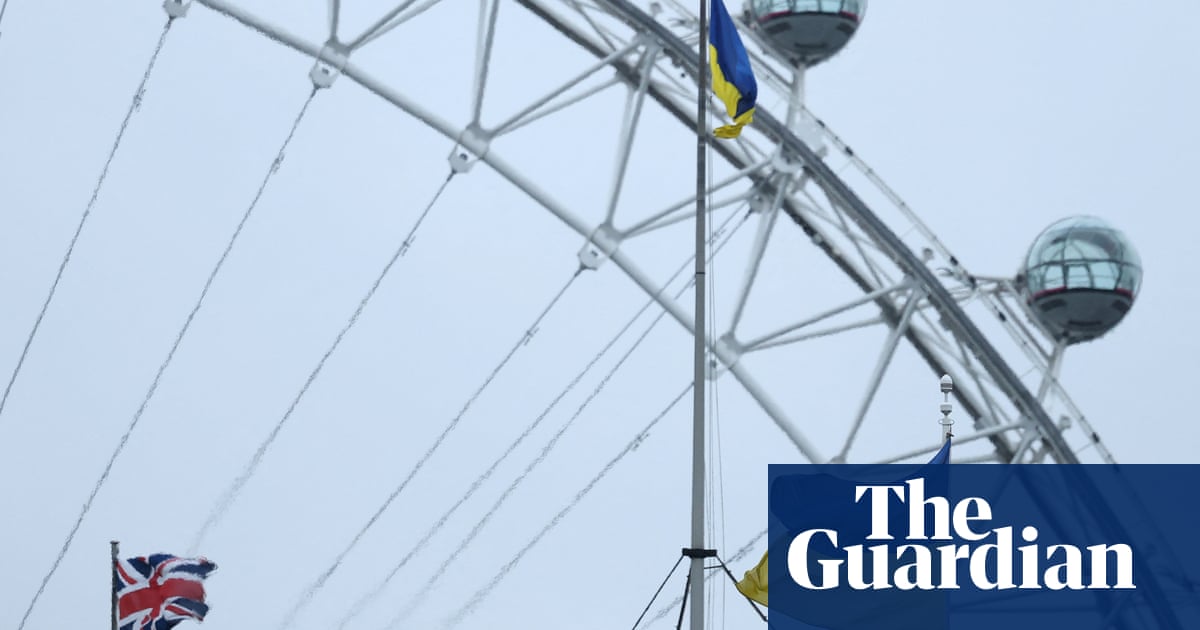Downing Street is reviewing its controversial winter fuel payment cut amid growing anxiety at the top of government that the policy could wreak serious electoral damage, the Guardian has been told.
Keir Starmer’s senior team has been discussing for several weeks how to handle public anger over the policy, which bubbled over in last Thursday’s local elections, when the party lost two-thirds of the council seats it was defending.
While a full reversal of the cut is not expected, No 10 sources said they were considering whether to increase the £11,500 threshold over which pensioners are no longer eligible for the allowance.
Labour MPs have been piling pressure on the government to change its mind over the winter fuel payment, as well as its plans for £5bn benefit cuts, before a vote on “stage one” of its welfare plans in early June.
The government is planning to come back for “stage two” this autumn, the Guardian has been told, although there are concerns that further cuts would risk inflaming tensions even further with angry Labour MPs.
Labour party activists say the subject of benefits was raised repeatedly on the doorstep in the local elections across England and were a key factor in the party’s loss to Nigel Farage’s Reform UK at the Runcorn and Helsby parliamentary byelection.
Multiple ministers and senior officials have told the Guardian they believe the government’s decision last July to cut the winter fuel allowance from all but the poorest pensioners has been a disaster.
A cabinet minister said: “It comes up on the doorstep all the time. Winter fuel will lose us the next election, it was a terrible mistake. But it’s probably too late for a U-turn now.”
On Tuesday the Welsh first minister, Eluned Morgan, will give a major speech that will criticise the welfare cuts, setting out a clear dividing line with Welsh Labour, which she will position on the left of the UK party.
Downing Street figures acknowledge the concern that exists over the policy at all levels of the party – and among voters – and said there had been many conversations over the issue in recent weeks.
“People are saying we haven’t done enough for them on the cost of living, and winter fuel is an example of it going in the wrong direction,” one source said.
Another added: “The winter fuel cut has become totemic and talks to us being on the wrong side of working people. We need to show that’s not the case.”
However, they cautioned there would be no kneejerk response to the election results, and any change to the policy was unlikely before autumn, and would be announced in the context of a broader financial package.
The proportion of Labour voters going to Reform – about 8% – was roughly unchanged since September, they added.
“We’ve got to make sure our response to the elections is the right one and not just overreacting to hot takes. Of course Labour MPs all heard stuff about winter fuel during the elections and are feeling bruised by that,” one No 10 insider said.
Pressure from MPs for a major rethink of economic strategy is likely to mount in the coming days. “It might not be too late,” one MP said of a winter fuel U-turn. “I don’t think we would get credit for doing it but we might neutralise it as a major attack line.”
“The mood in the PLP [parliamentary Labour party] is hardening on cuts,” another said. “It’s far beyond the usual suspects who are angry about this.”
In No 10 there are concerns that any tweak to the policy could be damaging for Rachel Reeves, who removed the payment of up to £300 from 10 million pensioners within weeks of taking office, saying the money was needed to fill a budget black hole left by the Tories.
One senior figure said the strength of feeling about the winter fuel cut was likely to have an impact on their broader plans for welfare reform, as previously loyal backbenchers were threatening to rebel in a vote on £5bn of cuts expected in early June.
“It’s unfortunate that the vote is coming after the local elections as lots of MPs now feel that Downing Street doesn’t get it and that they don’t owe us anything,” they added.
Dozens of MPs are understood to have sent private letters to Starmer urging him to change course on welfare cuts or to pause the cuts until after the summer when fuller details of investment in back-to-work programmes will be known.
Concerned MPs have been holding fortnightly briefings with disability charities to understand the breadth of the impact of the cuts.
Ministers have sketched out tentative plans for a second round of tough welfare reforms this autumn, though that could now be contingent on how large the rebellion is in June.
Insiders argue further reforms would make the system more fair overall, and that there is public support for reining in the bill for health and disability benefits, which is set to reach £70bn by the end of the parliament.
“We didn’t go big enough the first time round. The costs are unsustainable,” one No 10 source said. “It’s a fairness issue but also a fiscal one – how can we spend money on the public’s priorities, like schools and hospitals, if all the money is going on welfare?”
A second government source said: “We should’ve done it all in one hit – we didn’t go far enough. We’ve had all the political pain for very little fiscal gain.”
Department for Work and Pensions (DWP) officials believe the government would need to cut a total of £15bn from the benefits bill to make an impact on the rate of growth.
Any mitigation of the winter fuel allowance cut alongside further cuts to disability benefits would be likely to spark further criticism from the party’s left.
A cabinet minister warned: “The second tranche will be even more painful.”
With the bulk of future savings set to come once again from cuts to disability benefits, including a freeze to personal independence payments, the government is bracing itself for more internal dissent.
A reshuffle of cabinet ministers as well as the junior ranks could come as soon as the summer – in part because the prospect of junior ministerial roles becoming vacant might be a useful tool to persuade wavering MPs not to rebel on welfare cuts.
But sources have told the Guardian that Starmer himself has become more conscious of a need for a reshuffle in his top team after becoming frustrated with the pace of delivery and a feeling that some ministers have become “institutionalised” in their departments.
The prime minister complained at a recent cabinet meeting that ministers were seeking too many “write-rounds” – a process for seeking high-level cover for difficult decisions.
Among those who are tipped to be moved are the education secretary, Bridget Phillipson, and the culture secretary, Lisa Nandy.
Peter Kyle, the science and technology secretary, is tipped for a move to education, having come under fire from MPs for a perceived closeness to big tech.
Darren Jones, the chief secretary to the Treasury who is Rachel Reeves’s de facto deputy, could be his replacement.

 4 hours ago
5
4 hours ago
5













































